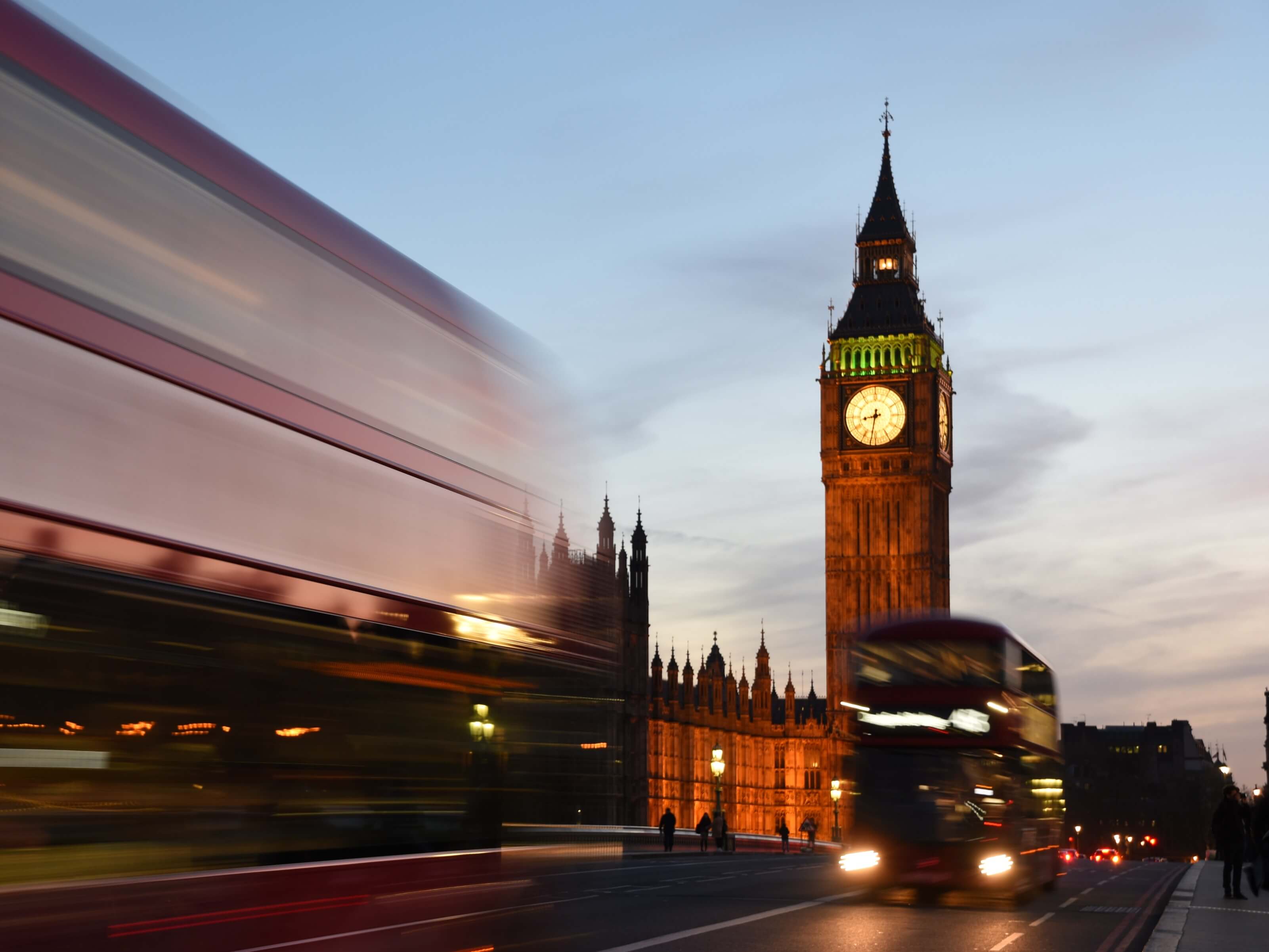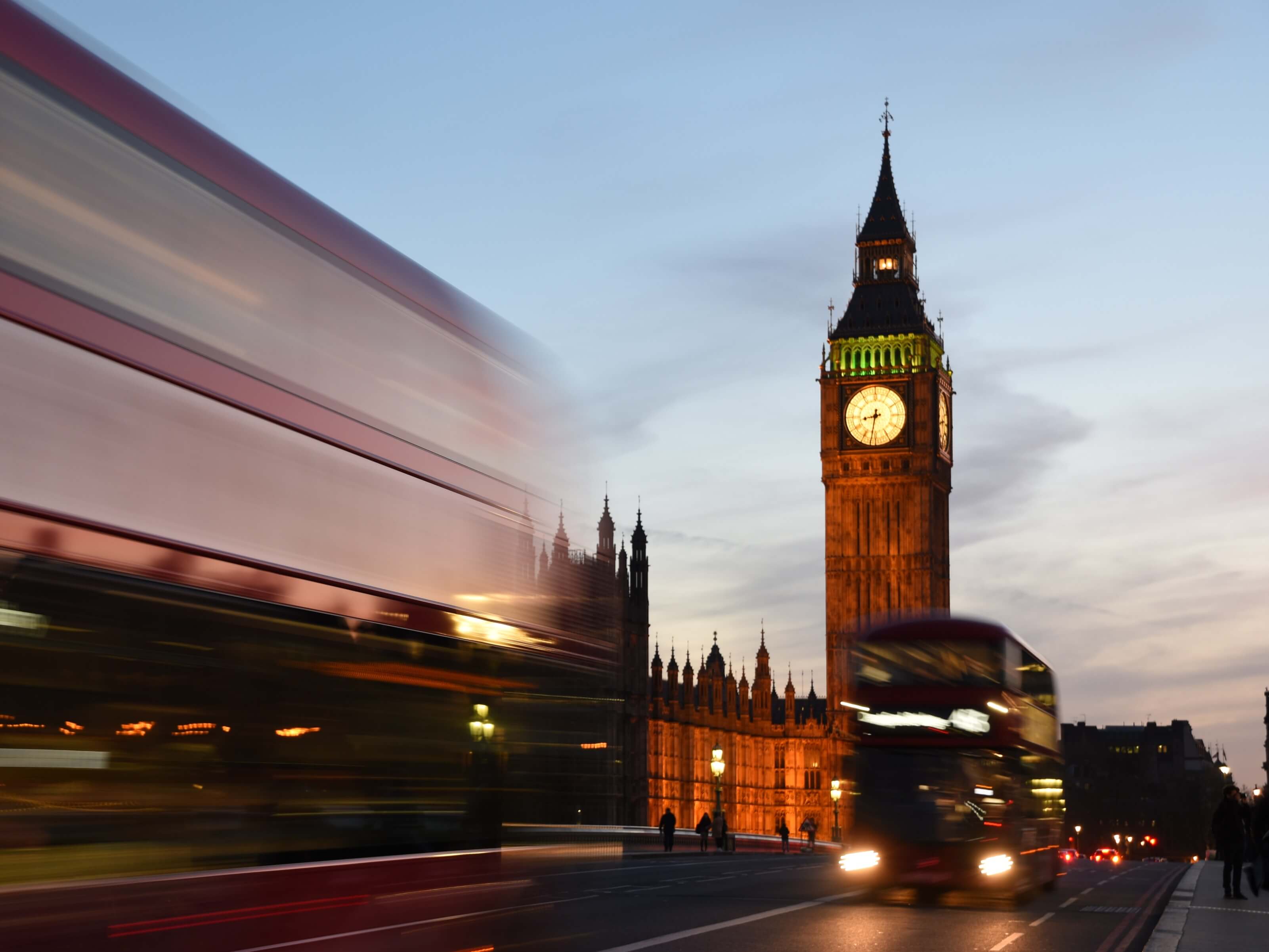Support moving to the UK
We attract staff and students from all over the world and take care to create an open and fully inclusive environment for everyone. Find all the information you need to move to the United Kingdom to study or work with us.
Visas and Immigration
Do I need a UK visa?
If you do not meet one of the following criteria, then it is likely you will need a visa to come to study in the UK or you will have restrictions on what you can do while studying in the UK:
- hold a British or Irish passport
- have indefinite leave to remain and reside in the UK
- hold Pre-Settled or Settled Status under the European Settlement Scheme
You can check if you need a visa here.
Visa Support & Reimbursement
For employees coming to the UK to work for the first time and who require a visa, the ICR will reimburse:
- The cost of a first-time visa and IHS for yourself (the employee).
- The cost of a first-time visa and IHS for your dependent children.
- The cost of a first-time visa for your dependent spouse/partner provided your spouse/partner is not or will not be employed in the UK.
Please also note, visa renewals are subject to statutory deductions of tax and National Insurance.
Overseas students
You will be required to apply for a visa unless you:
- hold a full British passport;
- hold settled or pre-settled status (EU/EEA/Swiss nationals); or
- already have a different type of visa that allows you to study for the full length of your course.
EU/EEA/Swiss nationals without settled or pre-settled status who arrived after 1 January 2021 will be required to apply for a visa.
We also recommend you visit the UK government's website which has the latest guidance on Brexit for EU students. The UKCISA (UK Council for International Student Affairs) website has helpful guidance and is also updated regularly.
Student Visas
The Student Visa (formally the Tier 4 Visa) is the most common visa for visiting students. It is based on a point-based system, and it is issued for a particular course at a particular institution.
The Institute of Cancer Research has been granted a Student Visa sponsor licence by the Home Office. This means that if your application to study with us is accepted, we can issue you with a Confirmation of Acceptance Studies (CAS) to support your Student Visa immigration application once you have returned the relevant documentation.
This process can only begin three months prior to enrolment. Registry will support you through the process as far as possible. For the avoidance of doubt, it is your responsibility to apply for a visa and ensure that you have a correct visa before travelling to the UK.
If you are currently residing in the UK with a Tier 4/Student Visa from previous studies, you will need to re-apply for a visa under the Student Visa immigration rules as outlined above.
English Language eligibility
For a Student Visa you must be able to prove that you can speak, read, write, and understand English to at least a B1 level on the Common European Framework of Reference for Languages (CEFR) scale. Proof can be through passing an approved English language test or having a degree taught in English.
The Home Office visa criteria for English language eligibility is for applicants to either be from or have studied an appropriate academic qualification in a majority English-speaking country or have passed an approved secure English language test (SELT). Visit Gov.uk for more guidance about the application process.
The Skilled Worker Visa (UK) is a type of visa that allows foreign nationals to work in the United Kingdom in a job that is recognised as skilled, provided they meet specific requirements. The ICR has been an approved by the UK government as an A rated sponsor, which can sponsor applicants for a Skilled Worker visa.
To apply for a Skilled Worker Visa, a Certificate of Sponsorship (CoS) is required initially. The ICR applies to the Home Office for a CoS, the application contains details about the job role. Once the CoS is awarded the ICR can then assign it to you. This will then enable you to apply for a Skilled Worker visa. There is detailed information about the Visa application process on the following UK Government website: https://www.gov.uk/skilled-worker-visa
The UK immigration system works on a point-based system. You will need to be eligible to meet the criteria to gain 70 points to obtain a Skilled Workers visa. We will provide you with further details on the points criteria upon acceptance of the job offer.
English Language eligibility
For a Skilled Worker Visa you must be able to prove that you can speak, read, write, and understand English to at least a B1 level on the Common European Framework of Reference for Languages (CEFR) scale. Proof can be through passing an approved English language test or having a degree taught in English.
The Home Office visa criteria for English language eligibility is for applicants to either be from or have studied an appropriate academic qualification in a majority English-speaking country or have passed an approved secure English language test (SELT). Visit Gov.uk for more guidance about the application process.The Global Talent Visa (UK) is a type of visa designed to attract highly skilled and talented individuals in specific fields, allowing them to live and work in the UK without needing a job offer. Unlike the Skilled Worker Visa, which requires employer sponsorship, the Global Talent Visa offers greater flexibility by enabling applicants to work, switch jobs, or even start their own businesses.
The visa application process is in two stages:
- Endorsement Application: Apply to an endorsing body for a recommendation.
- Visa Application: Once endorsed, apply for the visa itself through the UK Home Office.
The ICR has recently gained a place on the approved research organisations list.
Timeline
Applying from outside the UK
- The earliest you can apply for a visa is 6 months before you start your course.
- You will usually get a decision on your visa within 3 weeks.
Applying from inside the UK
- The earliest you can apply is 3 months before your course starts.
- You must apply before your current visa expires. Your new course must begin within 28 days of your current visa expiring.
- You will usually get a decision within 8 weeks.
Skilled worker: You can bring your family members (spouse or partner and children under 18) to the UK with you as dependants, but they will also need to meet visa application requirements and pay the immigration health surcharge.
Global Talent: You can bring family members (your spouse or partner and children under 18) to the UK under the Global Talent Visa. They will need to apply for their own visas as your dependants.
Student: If you are studying for a PhD or other research degree and your course lasts at least 9 months, you may bring dependants (spouse/partner and children) with you. They will need to apply for a dependant visa.
- UK Visas and Immigration (UKVI) – the official government organisation which provides you with details of how to apply for a visa, visa processing times, etc.
- UK Council for International Student Affairs (UKCISA) – the UK’s national advisory body serving the interests of international students and those who work with them. They provide advice about student immigration and preparing for your arrival to the UK.
- Universities UK International (UUKi) – the international arm of Universities UK, representing UK universities and acting in their collective interests. They provide advice about the implications of Brexit and UK universities.
- The Study UK website, developed by the British Council, contains practical information and insights on UK education for international students.
- You can use the UK EURAXESS network to request advice and tips on moving to the UK to study with a particular institution.
- VisaGuide provides advice about visa entry requirements for the UK, alongside every other country of the world.
Banking
You should check with the bank beforehand to clarify what information is needed, as some banks may vary with their request for information.
Opening a bank account
To open a bank account in the UK you will need:
- Two forms of ID - usually a passport and drivers licence.
- Confirmation of your current UK address, such as a tenancy agreement, rent book or mortgage book.
- Confirmation of your overseas address.
- The previous month's bank statements, from bank accounts in the UK and/or your country.
You should check with the bank beforehand to clarify what information is needed, as some banks may vary with their request for information.
Income Tax
Employees in the UK must pay an Income Tax, which will vary depending on your income. You may also have to pay income tax on money you earn abroad.
We recommend prospective researchers read through the British Council's Euraxess guide for international researchers moving to the UK.
Opening a bank account
In order to receive your PhD stipend, you will need to open a bank account in the UK into which it can be paid. This should be done as soon as possible after you arrive in the country.
You will need:
- Two forms of ID – usually a passport and drivers licence.
- Confirmation of your current UK address, such as a tenancy agreement, rent book or mortgage book.
- Confirmation of your overseas address.
- The previous month's bank statements, from bank accounts in the UK or your home country.
- A letter of admission or enrolment from the Higher Education Institution, confirming you are in full or part time Higher Education (you can get this from the Registry).
The main banks in the UK are Barclays, HSBC, Lloyds TSB, and NatWest. All of these banks have branches in Sutton, and in the Chelsea / South Kensington area, and in most towns or districts. In addition, many building societies and the Post Office offer full banking services.
It is recommended that you check with the bank beforehand to clarify what information is needed to join, as some banks may vary with their request for information.
Useful resources
- MoneySavingExpert.com provides advice about choosing a student bank account as well as general tips for saving while you study.
- The international student calculator, developed by the Which? University, helps you work out how to manage your money and build a budget for living and studying in the UK.
- Cost of Living in the UK , created by Studying-in-UK.org as a resource for international students coming to the UK

Moving to London
London is a fantastic city to live in and there are plenty of services offering private rented accommodation and house shares.
The ICR's sites are located in Chelsea and Sutton. There are two sites in Chelsea; the Chester Beatty Laboratories and our corporate offices. Our modern campus site in Sutton, south London, houses our high-tech facilities.
The ICR's sites are located in Chelsea and Sutton. There are two sites in Chelsea; the Chester Beatty Laboratories and our corporate offices. Our modern campus site in Sutton, south London, houses our high-tech facilities.
Renting
When looking for a property, online property portals are an excellent starting point. Websites such as Rightmove, Zoopla, and PrimeLocation offer a convenient way to search for properties, saving you time from visiting multiple estate agent websites.
If you’re interested in flat-sharing, platforms like SpareRoom and LondonShared are great resources to connect with others looking for housemates and available shared accommodations. These tools can simplify the process of finding a place to live and help you make informed decisions about your housing options.
Properties are usually available for a minimum period of 6 to 12 months and may come unfurnished, part furnished or fully furnished. It is recommended to ask to see the inventory list if the accommodation is furnished and to keep a copy for your records.
Renters will often be asked to pay a holding fee and a deposit of one or two months' rent, and to provide one or two references from previous landlords.
Read GOV.UK's 'How to rent' guidance for more information.
For help and advice on housing, you can contact the Citizens Advise Bureau.
Buying
If you are interested in buying property, find more information about the process and costs of buying a home on GOV.UK.
Council tax
Council tax is a fee each household has to pay for the services provided by the local council, such as rubbish collection, libraries, fire services, etc. The amount of council tax you pay will depend on the property you live in and whether you live on your own or with other people.
Utility bills
When you move into your new home, you will need to arrange the following utilities (unless they are included in your rent payments):
- Water: find your local water supplier
- Gas and electricity: find the best energy deals
- Telephone and internet: compare suppliers for your area
- Mobile phone: find a contract or a Pay As You Go plan
- TV licence
Finding accommodation
London is a fantastic city to live in, and there are plenty of services offering private rented accommodation and house shares.
Students at the ICR have a range of accommodation options. Although the ICR does not have any student accommodation of its own, there are some great services available to its students looking for a place to live.
An accommodation booklet (PDF) has been produced with input from current ICR students to help incoming students with their search.
As members of the University of London, full time students at The Institute of Cancer Research may apply to join a waiting list for a place in intercollegiate halls. Other accommodation services available include Goodenough College.
When looking for a property, online property portals are an excellent starting point. Websites such as Rightmove, Zoopla, and PrimeLocation offer a convenient way to search for properties, saving you time from visiting multiple estate agent websites. If you’re interested in flat-sharing, platforms like SpareRoom and LondonShared are great resources to connect with others looking for housemates and available shared accommodations. These tools can simplify the process of finding a place to live and help you make informed decisions about your housing options.
If this is your first time living in the UK
At the ICR, we aim to provide you with a welcoming and inclusive student work environment. Prior to enrolling, you will be assigned a 'buddy' (a current student) who will give you advice and help you with settling into your new surroundings.
We also offer a range of student well-being and welfare services, in case you ever feel like you need some additional support.
Useful resources
- PrepareForSuccess contains learning resources about different aspects of academic life in the UK and the skills needed for effective study. Although some of the material is aimed at undergraduate students, many of the topics are useful for postgraduate students too.
- UKCISA offers advice for dealing with culture shock, as you may notice differences between the way things are done here and what you're used to at home. We would like to reassure you that it's perfectly normal to find it hard at first and that this usually disappears over time. It can also be a positive learning experience, making you more aware of aspects of your own culture as well as the new culture you have entered.

Healthcare
The National Health Service (NHS) provides free emergency and primary healthcare for residents. You will need to register with a local General Practitioner (GP) practice to be treated for physical and mental health problems. Most NHS services are free to residents, but you will need to pay for the medicine you are prescribed unless you are exempt.
If you wish to reduce waiting times for treatments, you can opt to pay for a private health insurance.
Dentists
NHS dentists provide dental care at a low fixed cost. You can register with an NHS dentist or you can choose to use a private dentist at a higher cost.
Opticians
To get an eye test or to renew your prescription glasses, you can book an appointment at any opticians - you do not need to register. In most cases, you will be charged a fee for the appointment and the glasses.
Many international students will be entitled to use the National Health Service (NHS), which provides free healthcare paid for by UK residents’ taxes:
- If you began studying at an accredited UK higher education institute in the UK on or before 31 December 2020, you may use your European Health Insurance Card (EHIC) for medically necessary healthcare until the end of your course, irrespective of your nationality. You must apply to the EU Settlement Scheme if your course extends beyond 30 June 2021.
- If your course of study in the UK began after 1 January 2021 and lasts for more than 6 months, you will need to pay the immigration health surcharge as a part of your student visa application.
Make sure you register with a local General Practice (GP). That way you can receive emergency care if you need it, and access health services quickly and easily while you are studying with us. Find your local GP.
Registration with a GP is free. Once you’ve registered, you will be sent an NHS card. This is proof that you are registered for NHS treatment. If you ever require hospital care, you will need to show the hospital your NHS card – along with your passport, visa, and proof of attendance at university.
You should also register with a dentist. NHS dentists provide dental care at a low fixed cost, or you can choose to use a private dentist at a higher cost. Find an NHS dentist.
The NHS also advises you to check your vaccinations, get contraception, eat healthy food, and get plenty of rest. For more information, visit NHS.uk.

UK school structure
Children aged 0-4 years:
There is a variety of childcare options available for children aged 4 years and under. Parents can choose between using a Childminder, Day Nursery or Nursery Schools. Each option will vary in cost, child to adult supervision ratio and availability throughout the year.
Children aged 5-17 years:
It is compulsory for children aged 5-17 years to be in education in the UK. The UK provides free education within state schools and is accessible to all children. Some parents may choose to send their child to an independent school (also known as a private school) or may choose to home school their child with private tutors. Both options are paid for by the child’s parents and is paid termly/yearly in advance.

